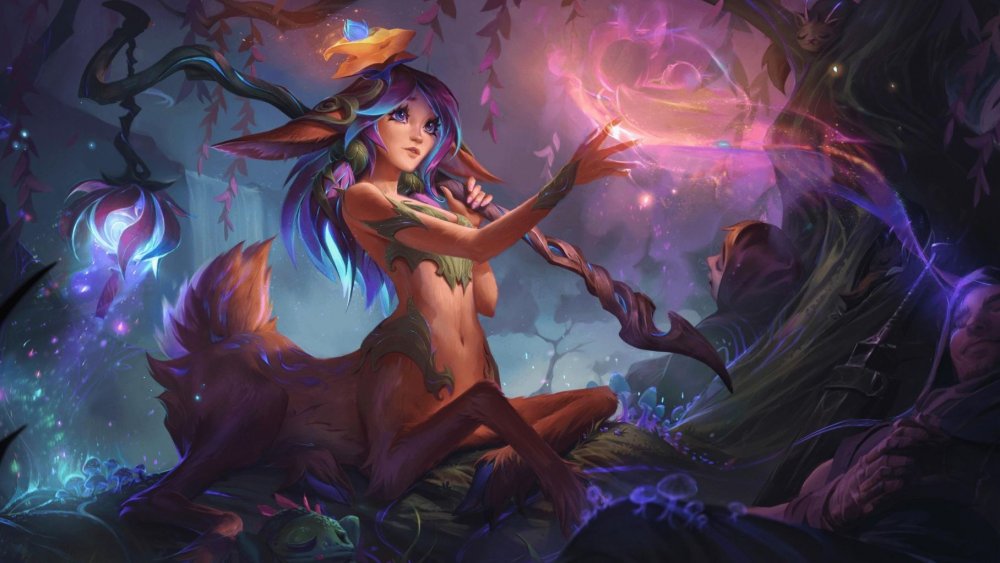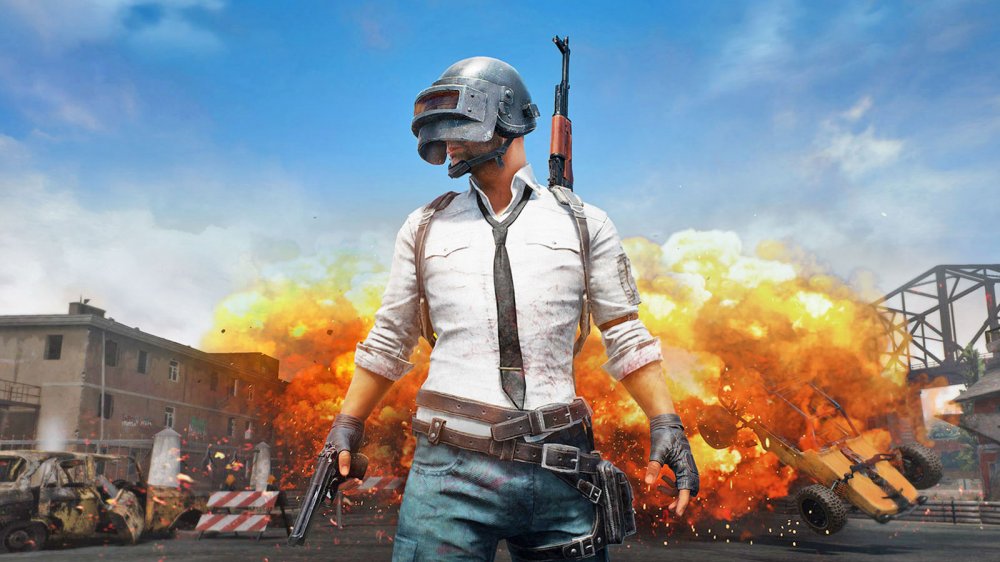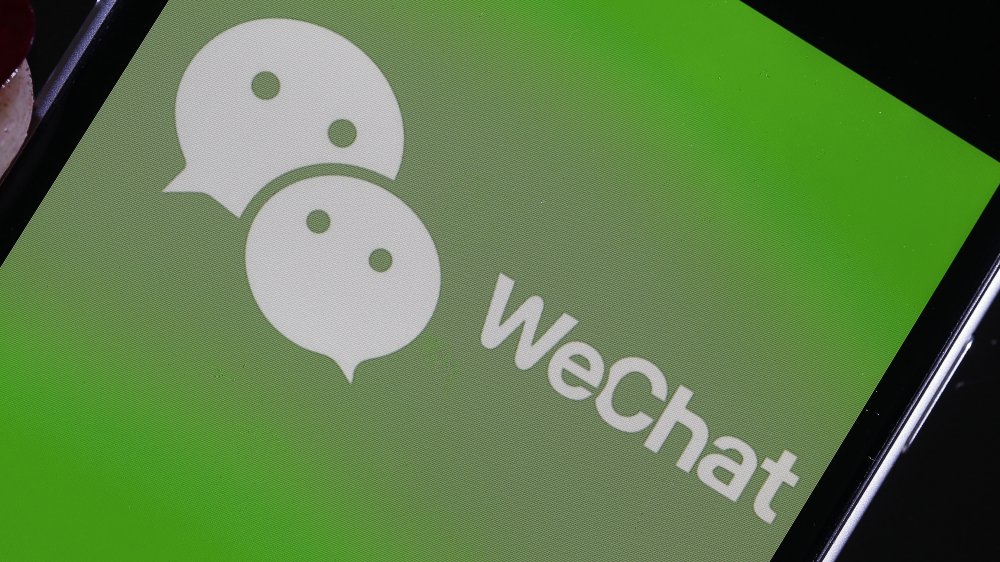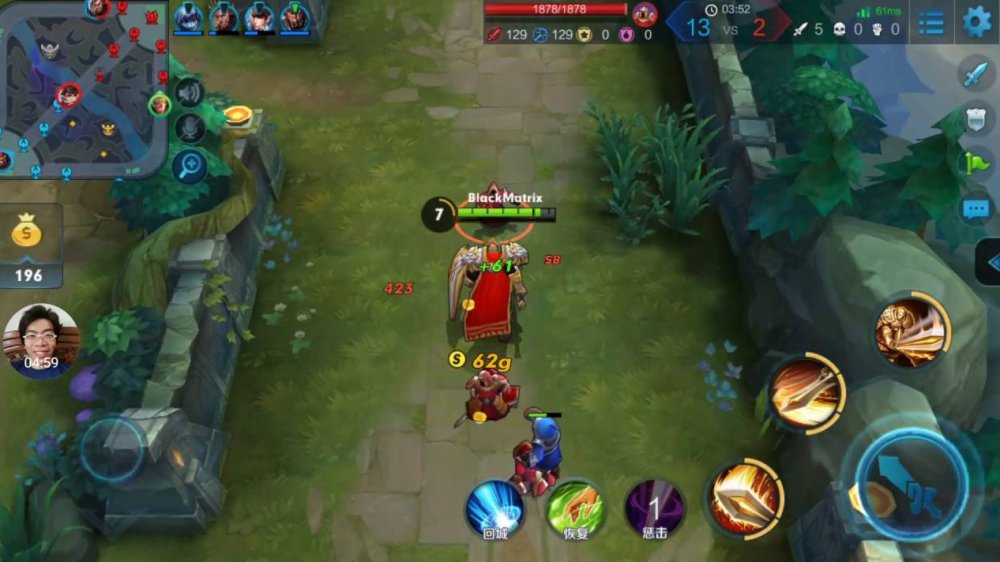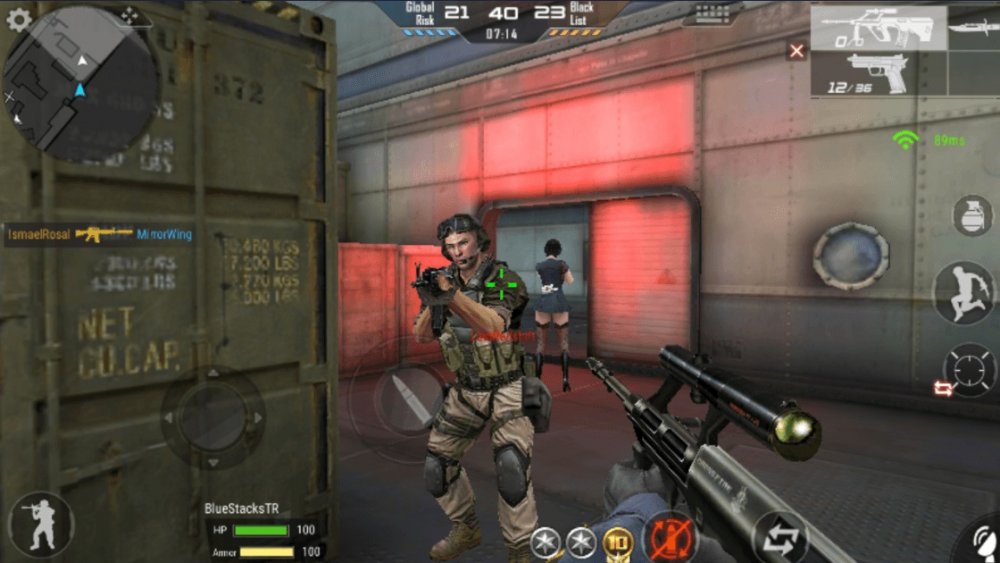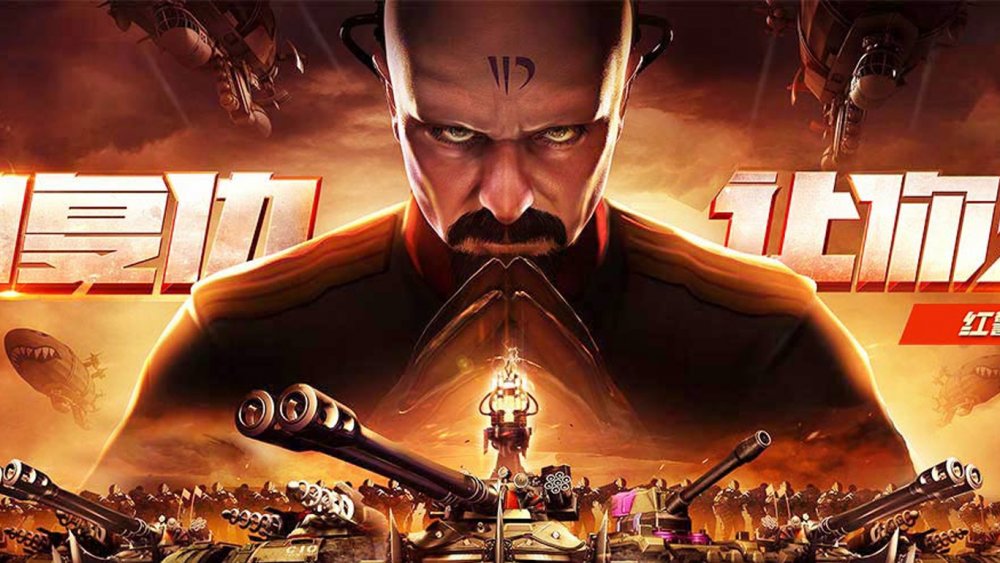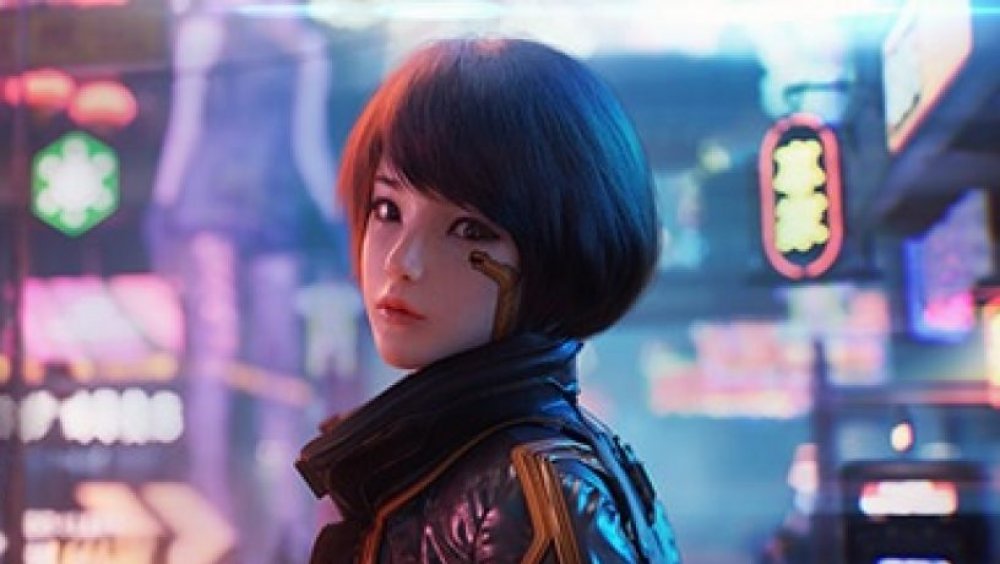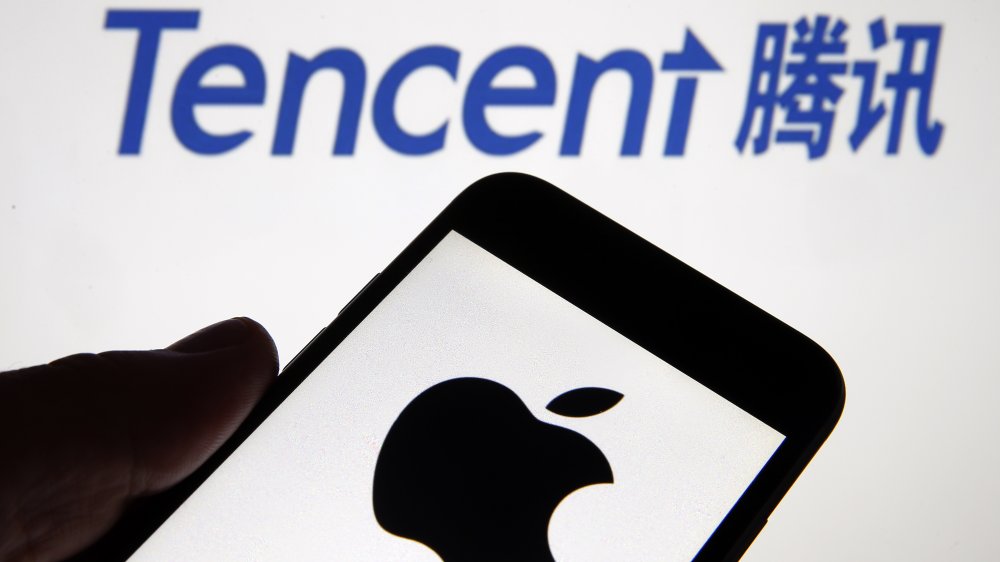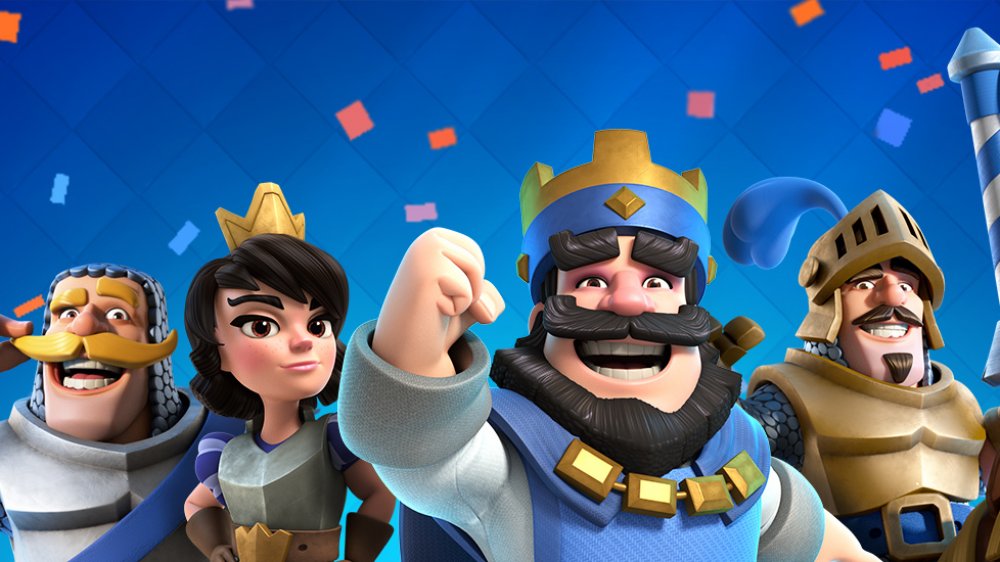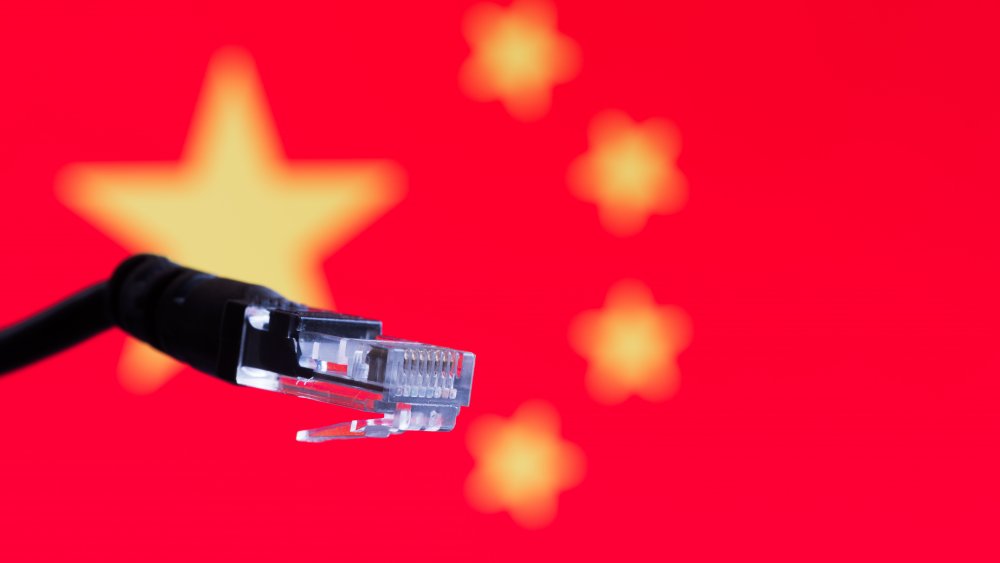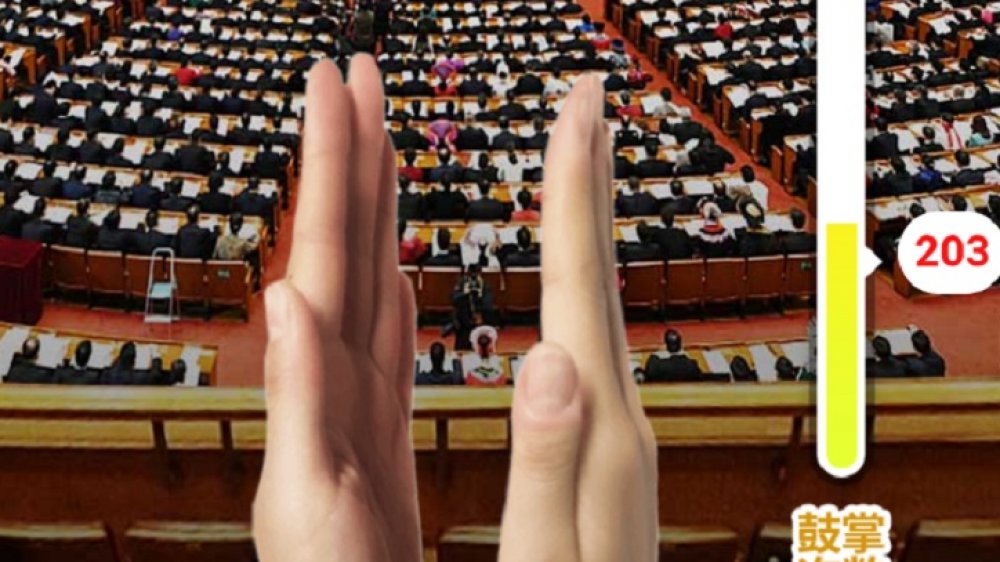The Shady Side Of Tencent
If someone asked you to name the world's biggest video game publisher, you might have a few guesses. Microsoft, Sony, and Nintendo are all power players with long histories and their own consoles to sell games. EA, Ubisoft, and Activision Blizzard all have tentpole franchises that sell millions of copies every year. Surely the world's biggest publisher must be one of these, right?
Not even close. The world's largest video game publisher, by a massive margin, is Tencent Games, a Chinese technology company that's a bit over 20 years old. The secret to Tencent's success lies in its vast investment portfolio, including League of Legends, Clash of Clans, and Fortnite, alongside its dominance of the Chinese gaming market.
However, the video game industry is a competitive environment, and it takes a lot to get to the top of that world. As such, Tencent Games has used some sketchy practices and aggressive tactics to get where it is today. Here is the shady side of Tencent.
Tencent's takeovers
One of the most surprising things to learn about Tencent is how many of your favorite games, developers, and technology companies are at least partially owned by the Chinese tech giant. Tencent has invested in around 150 companies outside of China. These aren't insignificant companies, either. Some of the highest-profile names on the list include Tesla, Reddit, and Spotify.
In the gaming world, Tencent has an even larger footprint. The company is a significant investor in Activision Blizzard, Epic Games, Riot Games, and Bluehole. These investments give Tencent a piece of some of the world's biggest games, such as World of Warcraft, Fortnite, League of Legends, and PlayerUnkown's Battlegrounds.
While most of these investments are for just a small portion of the business, there are two important exceptions. After purchasing a majority of Riot Games back in 2011, Tencent came to own 100 percent of the company in 2015, right as League of Legends became an esports powerhouse and the world's most popular PC game. In addition, the company owns 40 percent of Epic Games, making it a significant stakeholder in the company as Fortnite continues to dominate and the Epic Store squares off with Steam.
Tencent has been investigated for its data security standards
All of the high-profile investments that Tencent has made over the last decade have increased scrutiny from various governments worldwide. In particular, the United States has approached some of the companies that Tencent has purchased a large stake in to probe the nature of these investments.
Both Riot Games and Epic Games received letters from the United States Committee on Foreign Investments that requested details on their security protocols for customers' personal data. These actions are a part of US government initiatives under the Trump administration to better understand how Chinese companies utilize data collected by software sold to Americans.
While these investigations into Tencent's gaming investments were unsettling, they stopped short of the more dramatic actions the US government took against other Tencent holdings. The Trump administration banned the popular messaging app WeChat, owned by Tencent, in September 2020, alongside Bytedance's popular social platform TikTok. According to a letter from the White House, WeChat and TikTok had collected so much data from American citizens that it could allow companies to "conduct corporate espionage."
Tencent's copied games
One of the most prominent accusations leveled against Tencent is that the company has a history of shamelessly copying popular games, going back to the early 2000s. In 2006, the founder of Sina, a rival games company, called Tencent founder Ma Huateng the "plagiarism king." In 2010, the founder of Oak Pacific Interactive stated, "Copying cannot be the future model for social game developers, unless you're Tencent."
These accusations don't just come from the outside. Responding to comments such as these, Ma Huateng famously stated that "[to] copy is not evil." To see how closely Tencent sticks to established formulas when designing new games, look no further than one of the company's biggest games, Kings of Glory, one of the biggest mobile games of 2016.
Kings of Glory borrows mechanics, visual elements, and map designs from League of Legends. The two look so similar, albeit with Kings of Glory scaled down to operate on mobile devices, that a casual gamer would be hard-pressed to tell the difference between the two. How did Tencent get away with copying such a high-profile game? Simple — they own Riot Games, the makers of League of Legends.
Legal battles with developers copying Tencent properties
Despite Tencent being well-known for building near-exact copies of popular games, that has not stopped them from pursuing aggressive legal action against copies of their games. In 2020, the company won $6.4 million in a lawsuit against the makers of Crisis Action, which Tencent argued was a copy of their popular shooter CrossFire.
To get around the murky legal laws that allow Tencent to copy games and get away with it, their argument ignored the mechanics and visual elements the two games shared. Instead, Tencent's lawyers zeroed in on six maps featured in both games. Those six elements, the lawyers successfully argued, shared too many details and constituted plagiarism.
Tencent also won their suit against Moonton Technology and its game Mobile Legends, a copy of League of Legends. To prove their case this time, Tencent focused on the broader similarities between the two, including the name, the characters, and those characters' specific abilities.
Tencent's reskinned game
While copying the general feel and design choices of a game is one thing, Tencent has also been accused of performing direct reskins of popular games. When a company reskins a game, existing code and assets are reused with aesthetic changes to hide the base game from players.
The most significant example of this in recent years has been the changes made to PlayerUnknown's Battlegrounds, specifically the Chinese version of PUBG: Mobile. Tencent, already a substantial stakeholder in PUBG's developer, Bluehold, had been trying without success to monetize the mobile version of the popular battle royale game for years.
The Chinese government places restrictions on marketing games, which kept PUBG: Mobile from being profitable and has cost Tencent about $20 billion in losses. To circumvent those rules, Tencent reskinned PUBG: Mobile into Game for Peace. In the new version of the battle royale shooter, players shoot green lasers instead of bullets, defeated players wave goodbye instead of dying, and the gambling elements have been eliminated.
Tencent was a pioneer in microtransactions
Tencent was an early adopter of the microtransaction platform that is so prevalent in gaming today. In fact, microtransactions are one of the reasons that Tencent became the powerhouse company that it is today.
One of Tencent's first highly profitable ventures was the expansion of its instant messaging service, QQ. As QQ became a dominant presence in the Chinese market during the 2000s, it largely ignored digital advertising, which was prevalent in Western internet platforms at the time. Instead, it focused on microtransactions for games and digital goods. In 2007, microtransactions accounted for a significant portion of Tencent's revenues.
The dominance of microtransactions as a major part of Tencent's finances continues to this day. This model has helped the company fund the stealth investments that have made it the largest publisher in the world today. CrossFire, Tencent's Counter-Strike-influenced shooter, has been called a "pay-to-win" game due to the number of microtransactions that give players access to match-winning weapons.
Tencent's lazy licensing
When gamers hear that a developer has acquired the license for their favorite comic book, classic video game, or movie, expectations start high. Tencent has pursued many of these licenses in the past, hoping to cash in on an established market or give an existing title some cross-platform appeal. However, Tencent has disappointed fans multiple times with the products put out using these licenses.
Players of Arena of Valor, a League of Legends-inspired title, were surprised to hear that Tencent and developer TiMi Studios had picked up the license to the DC universe of superheroes. However, according to some reviews, these characters' appearances seemed somewhat superficial, with no explanation for their presence and minimal abilities.
Tencent also snapped up the venerated Command & Conquer license, producing a mobile version of the celebrated Command & Conquer: Red Alert series. However, the mobile version Tencent created featured no tactics or unit control, and one reviewer labeled it as a "cheap cash cow."
These lackluster realizations were perhaps why gamers were not more enthused to learn that Tencent would be developing mobile games based on the Game of Thrones and Call of Duty licenses.
Tencent's highly competitive knockoffs
In the Chinese legal code, there are three distinct ways that developers might go about stealing someone else's idea.
The first is code copying, where a company directly takes the coding work of another entity to sell as their own. This is illegal. The second is reskinning, where a game's core design elements carry over, but extensive work is done to modify the game's look to appear different. This is more complex and often decided on a case-by-case basis. The third is imitation, which is the most complicated. When a game company creates its own game that is simply inspired by the mechanics and gameplay of another game, it's harder to prove that they stole the idea, although the community often takes notice.
Tencent has a vast stable of games inspired by successful franchises, dating back to one of their first hits. QQ Speed, named for its platform on Tencent's QQ instant messaging service and also called Speed Drifters, borrowed liberally from Mario Kart and made little effort to hide it. More recently, Tencent announced a high-profile cyberpunk game, Syn. However, gamers were quick to notice that the game was very similar to the highly anticipated Cyberpunk 2077.
Apple provided user data to Tencent
Apple and Tencent made headlines when privacy advocates revealed that the two technology companies were sharing sensitive user information. Users who went over the fine print of the iOS 13 update released late in October 2019 found a note that stated that Apple might send user data from Safari to either Google Safe Browsing or Tencent Safe Browsing. It also noted that the data transmitted may include the user's IP address.
The purpose of this data sharing was well-intentioned, to be fair. Safe browsing technology tries to identify fraudulent websites or malware and keep users from visiting them. However, Matthew Green, a John Hopkins professor, was quick to point out that while there may be good intentions, this information can still log browsing history that users may not want to be recorded.
Sharing this information passes a user's consent to a third-party company that the average iPhone user may not be aware of, primarily since those permissions are only found buried in small print.
Tencent and developer patent infringement
Occasionally, Tencent has found itself, or some of its subsidiaries, on the wrong side of the law. In 2019, Tencent purchased a Luxembourg-based consortium, which gave it a majority stake in Finnish game studio Supercell. Supercell has a well-known library of mobile games, including Clash of Clans and Clash Royale.
While successful, Supercell has been involved in a legal dispute with Japanese game developer Gree for years. Gree claimed that Supercell had infringed on multiple patents that the company owned, related to fundamental game mechanics and server operations. Supercell denied the charges outright and unsuccessfully attempted to countersue Gree.
Supercell once again tried to have the case thrown out in 2020, but a Texas court found them guilty and ordered the developer to pay Gree $8.5 million in damages. While this amount was less than Gree had sought, the court also found the patent infringement willful, which means that the court could increase the amount as much as three times.
Tencent and online censorship
As a technology institution based in China, Tencent has to follow the strict rules regarding online communication that the government enforces for businesses and citizens. In following these rules, Tencent has been accused of participating in censoring news and social media posts deemed unacceptable by the Chinese government.
Privacy advocates have found that Tencent has shared the conversations of users of their applications with the Chinese government. The company has also used artificial intelligence to identify and block user-created images created to get around government censorship by Chinese citizens. Tencent has also shut down social media accounts that share information critical of the Chinese government.
In addition, Citizen Lab, a research organization associated with the University of Toronto, has found that Tencent used WeChat to monitor accounts outside of the Chinese mainland. Text and images sent between international accounts are monitored by the technology company to help inform domestic censorship.
Tencent's rocky relationship with the Chinese government
While Tencent cooperates with the Chinese government and conforms to the rules it lays forth, that does not mean that the two always see eye to eye. Tencent's relationship with its country's government is weird at best and adversarial at worst.
The Chinese government imposed the maximum fine possible on Tencent after it determined that the company's censorship efforts, while present, were not enough. While that fine wasn't enough to make much of a dent in Tencent's operations, the government has found other ways to get at the company's bottom line. In 2018, China tightened restrictions on video game licenses required to monetize new games in the country. Tencent's gaming revenue fell four percent during the first quarter that the license freeze was in place. When licensing finally resumed, the government approved none of Tencent's products during the first round.
Despite its adversarial relationship with its government, or perhaps because of it, Tencent went out of its way to produce a game honoring the Chinese president, Xi Jinping. Clap for Xi Jinping, a game in which players applaud the president's speech, went viral and caught attention worldwide.
Tencent cheated on antivirus software performance tests
Antivirus software testers have caught Tencent falsifying results for consumer protection products. In 2015, Tencent submitted their antivirus software to an antivirus software roundup held by AV‐Comparatives, AV-TEST, and Virus Bulletin. The product received high marks until testers identified cheats in the software and stripped Tencent, and two other companies, of its qualifications a few weeks later.
The testing bodies found that Tencent had whitelisted the programs that the testing agencies used to measure the software's efficacy. This allowed the software to zip through the testing and deliver extraordinarily high results. While this behavior was unethical to start, privacy advocates also noted that these fixes, found in the software's public version, put consumers at risk. Crafty virus creators could tack their malware onto the testing software and infect users through the back door the whitelist created.
All awards and certifications given out by the testing bodies were revoked, permanently damaging Tencent's reputation in the antivirus community.

